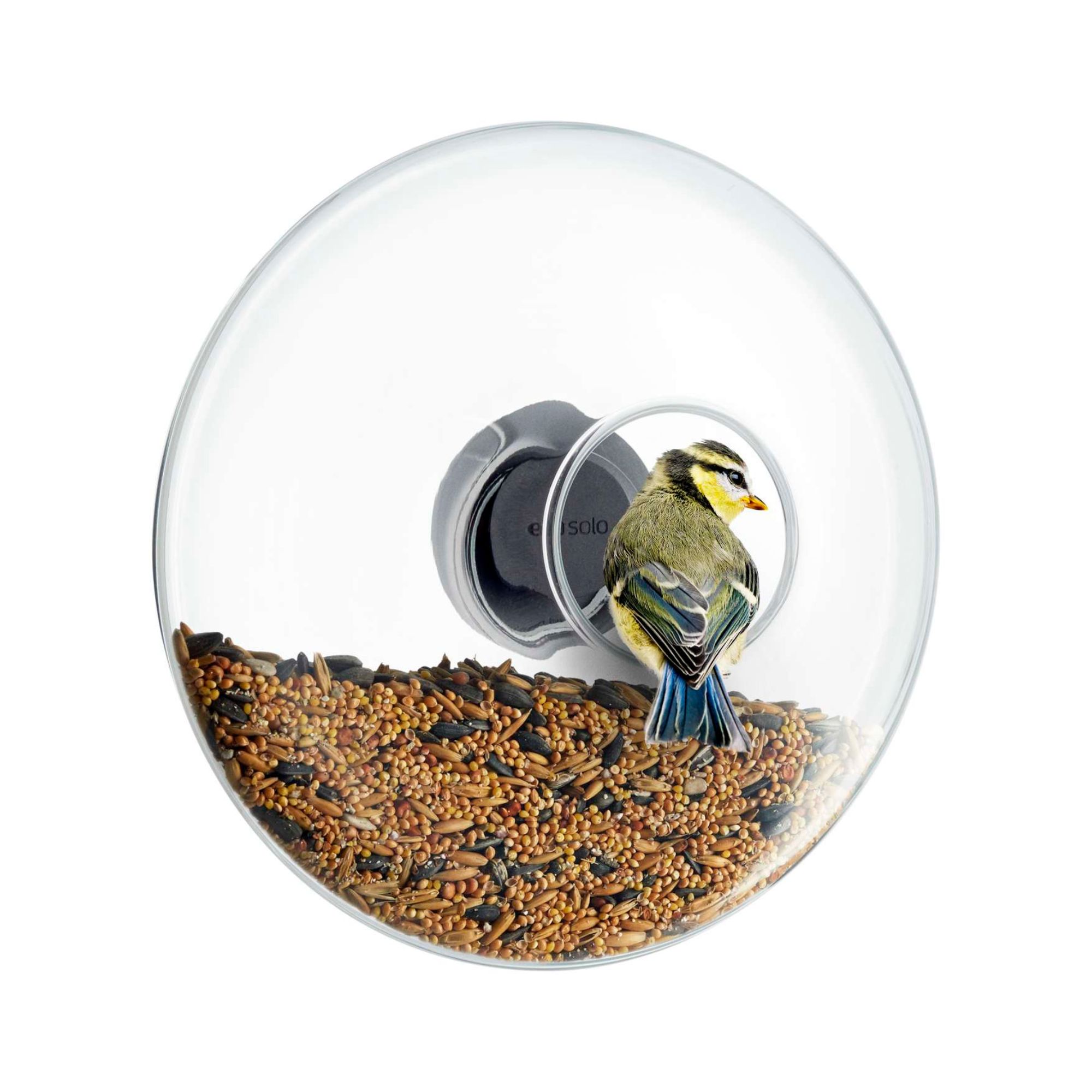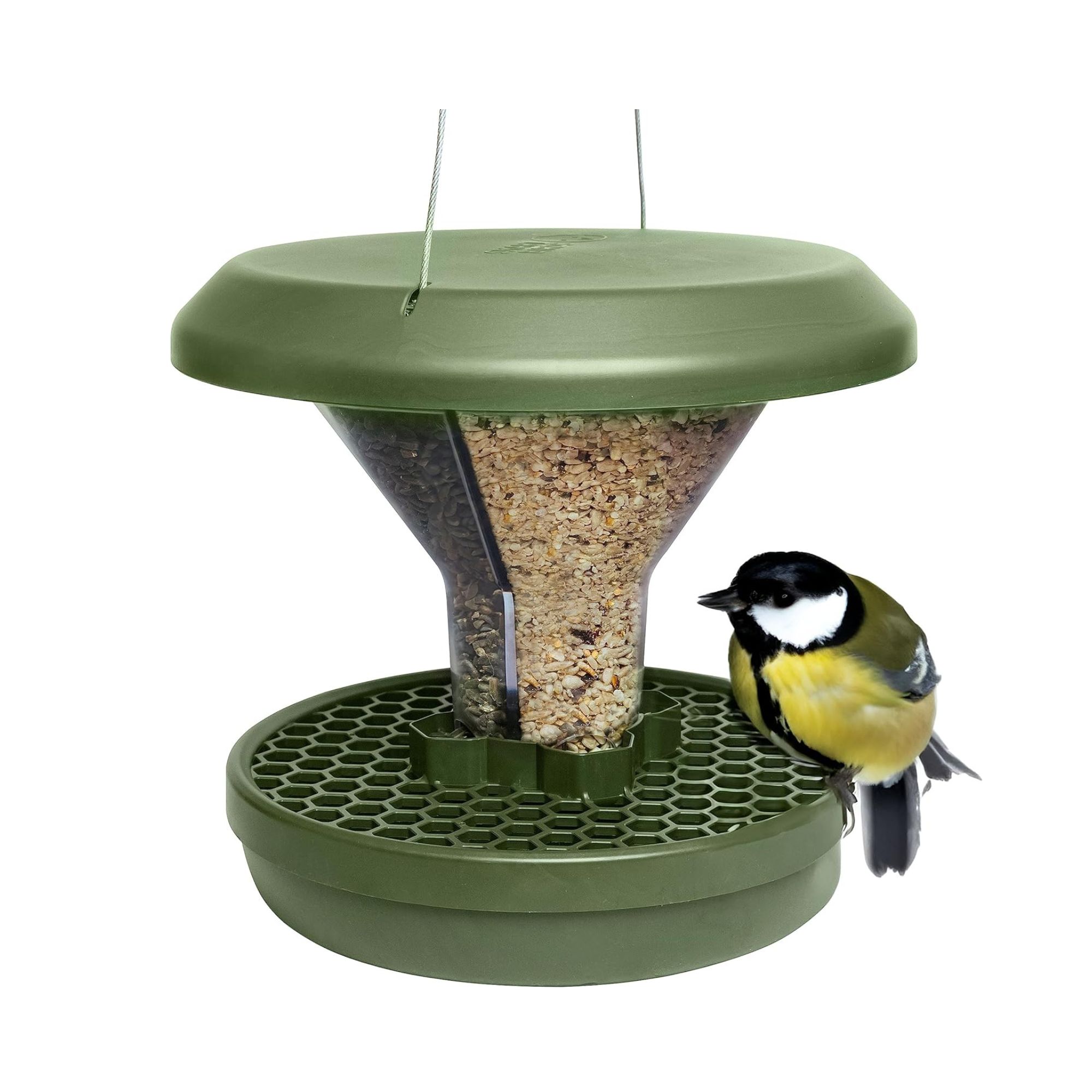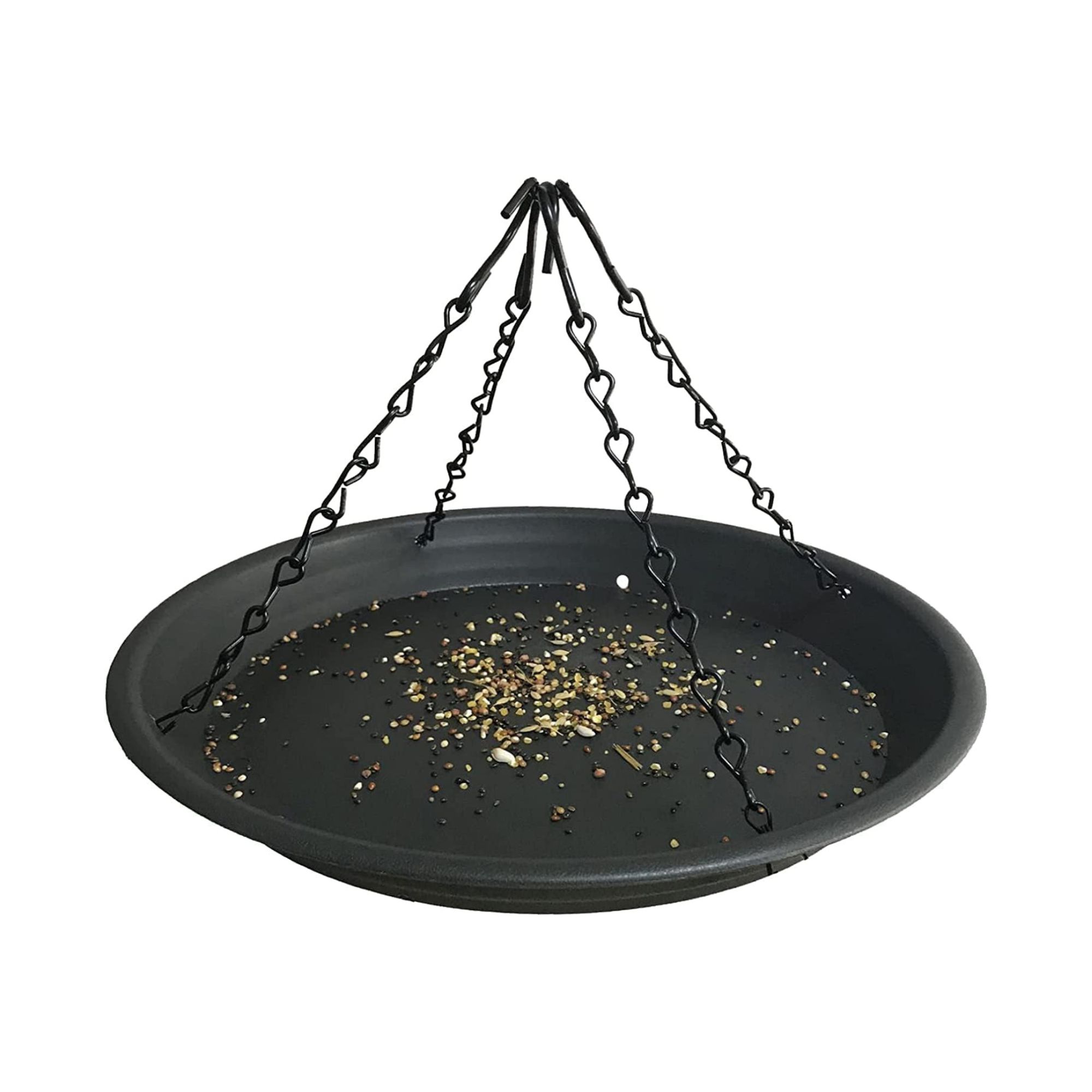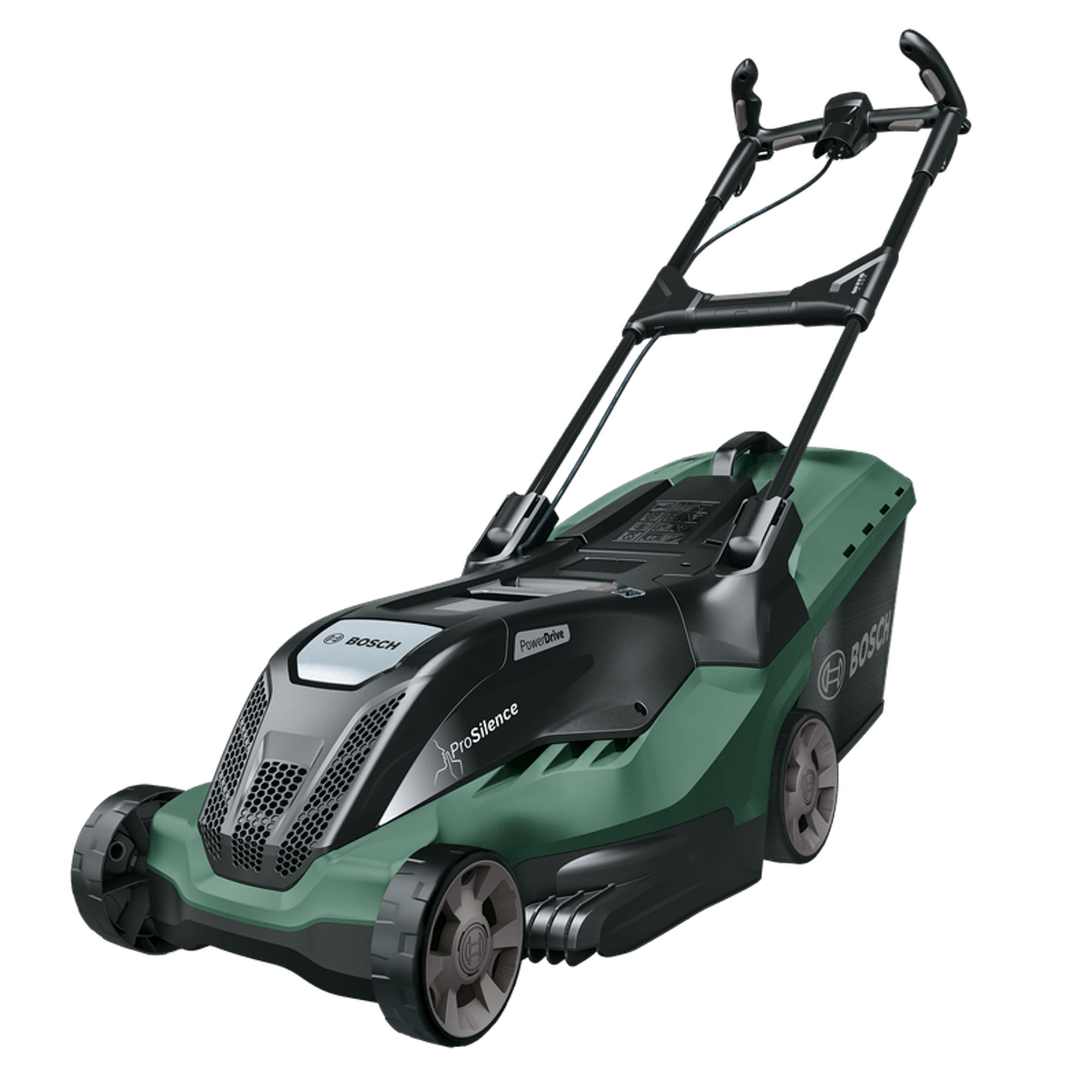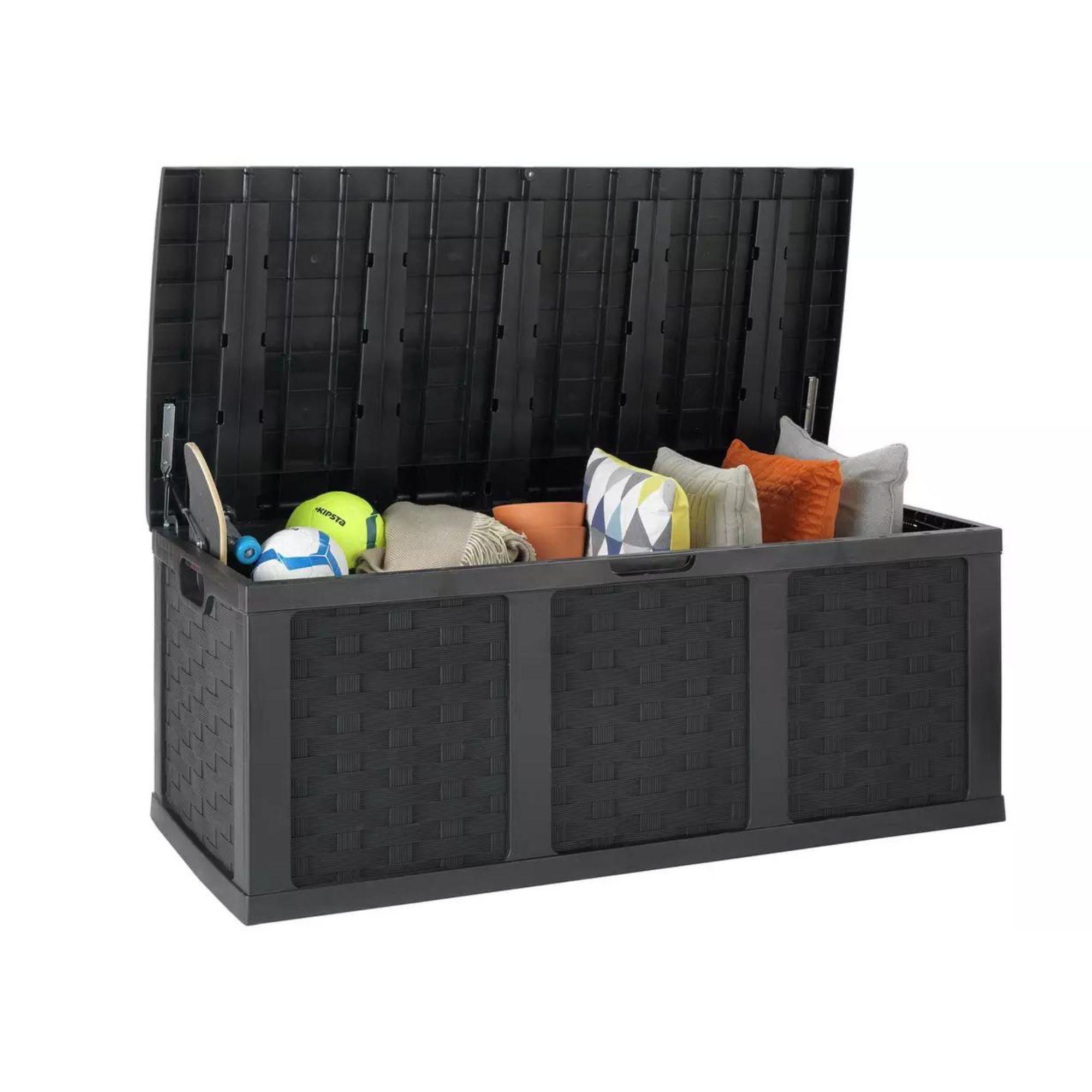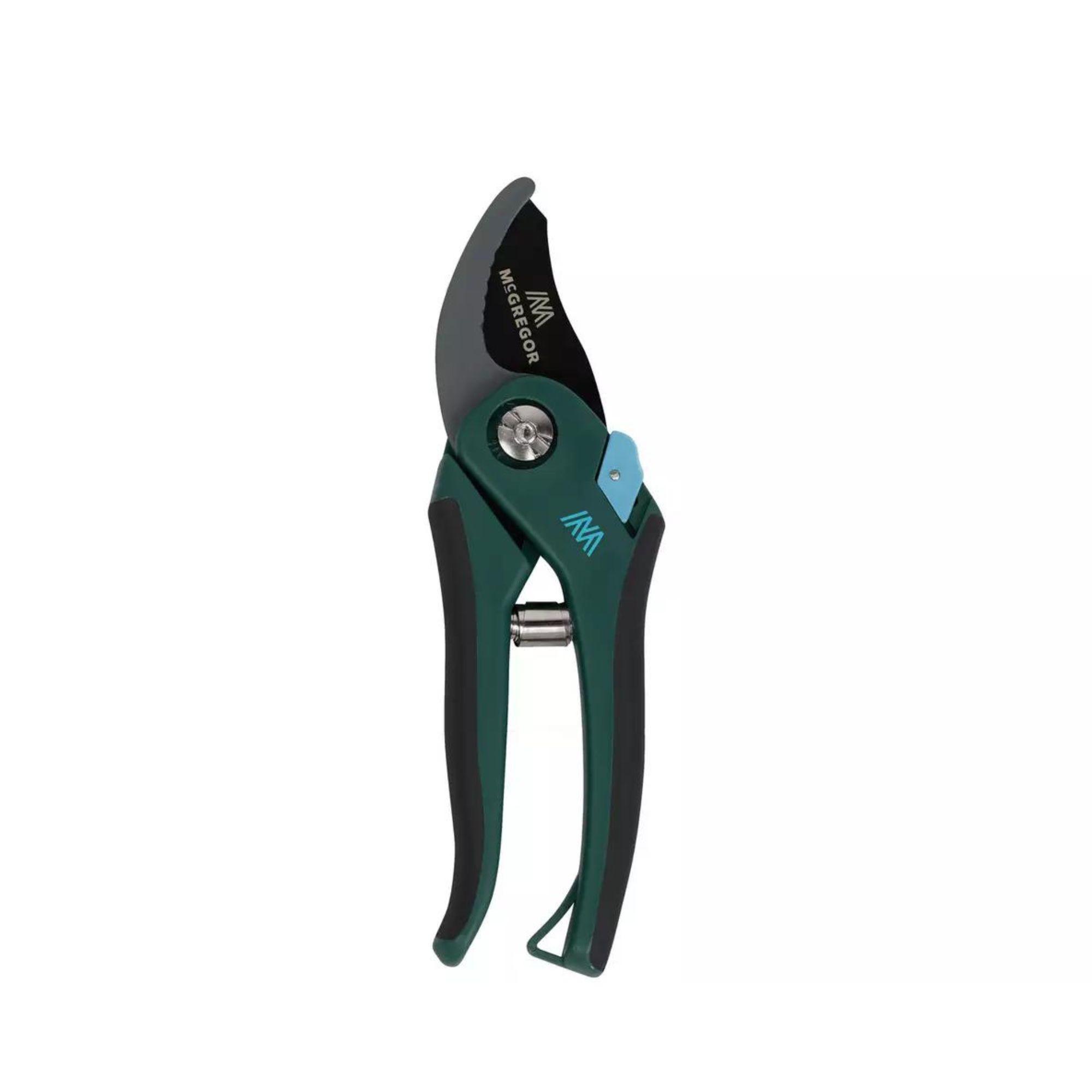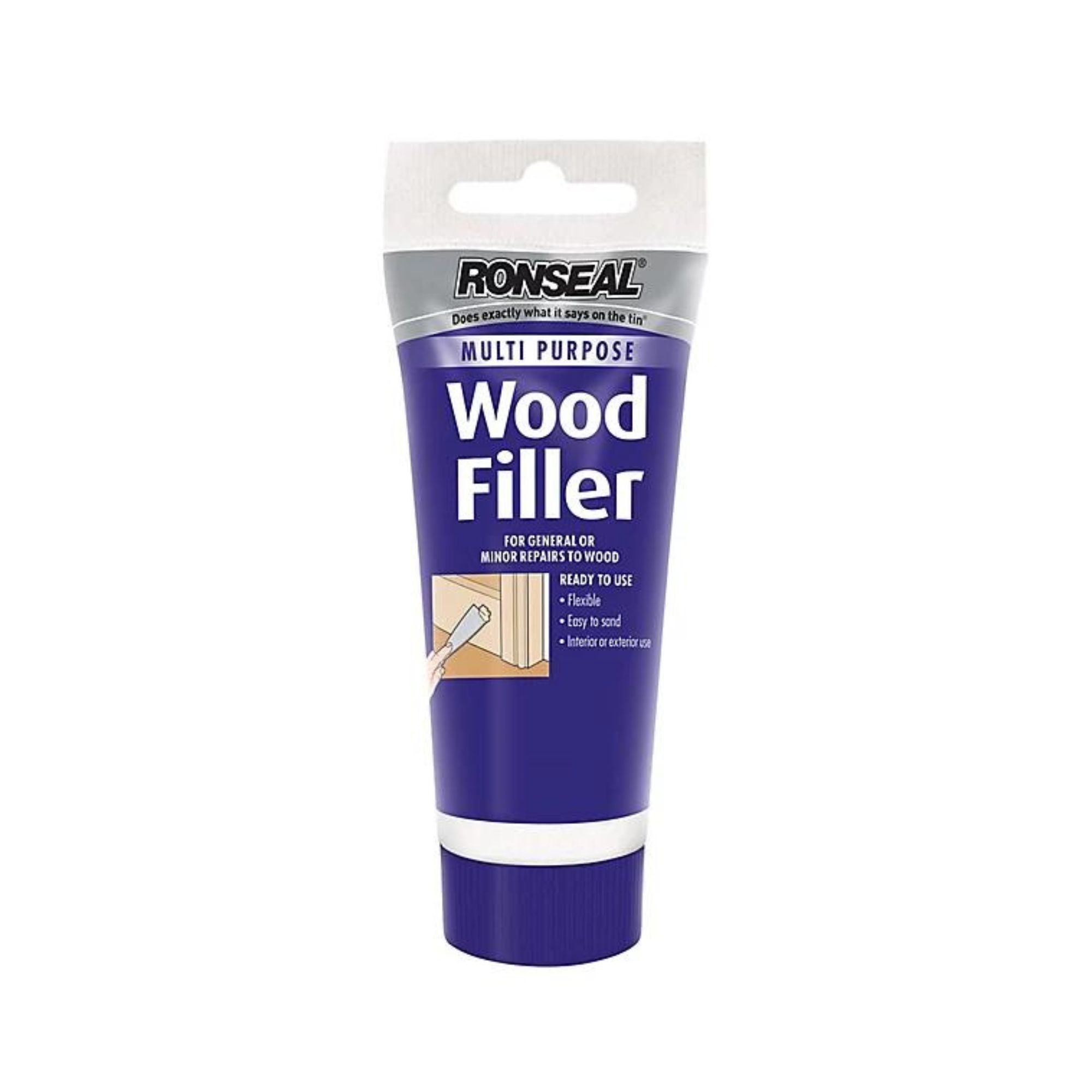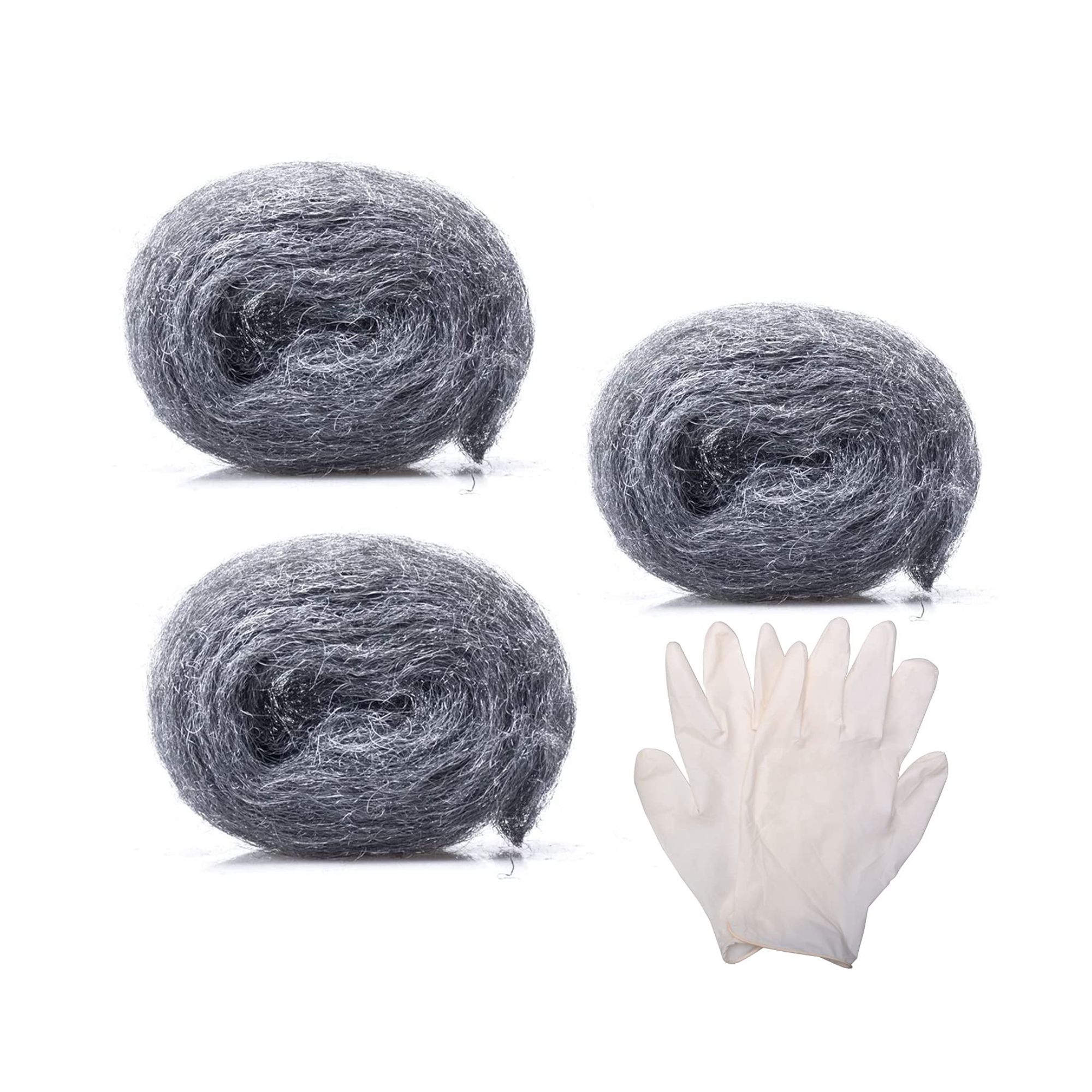How to stop rats in the garden - why rats are invading Britain’s gardens and what you can do to keep them at bay
Wondering why rats are scurrying around more than ever? Well, there’s a reason for that

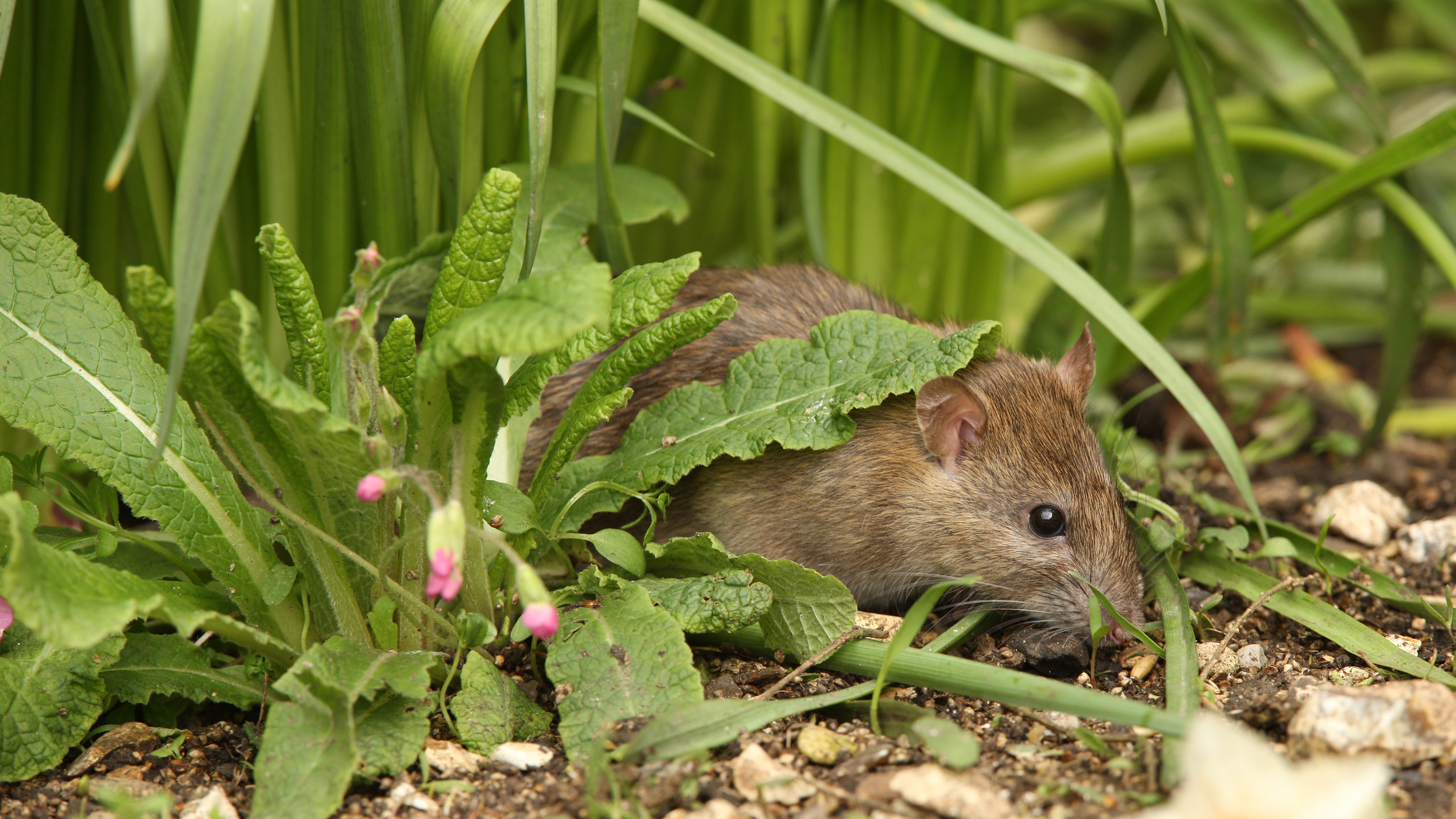
Whether you’re convinced you spotted a rat tail darting from one end of the garden to the other or you’ve noticed rat droppings on your flowerbeds, knowing how to stop rats in the garden is essential. But keeping these critters at bay is more difficult now than ever.
At the moment, it seems like no garden is safe from rat infestations. These animals are invading Britain’s gardens quicker than you can say “Ratatouille” and are leaving homeowners vulnerable to dangerous diseases. And as they’re considered to be pests (and, let’s be honest, they’re not paying rent), it’s important get rid of rats as soon as you can.
But how do you get rid of rats from your garden naturally? Well, we’ve spoken to the experts, and they’ve shared some handy tips.
How to stop rats in the garden
Rats in your garden? Well, you’re not alone. Ask anyone you know, and we have no doubts that either they - or someone they know - has spotted these four-legged critters raging havoc in their garden.
In fact, Ideal Home’s very own Editor-in-Chief, Heather Young, has spotted rats hanging out in her garden recently.
She says, 'There's nothing worse than being outside enjoying your garden, then seeing a large rat scamper along the top of your fence! We found evidence of rats in our shed last summer and managed to banish them, but they appear to be staging a comeback this year.’
And while we’re sure the rats appreciate Heather’s outdoor design aesthetic, it’s probably not the main reason why so many people like Heather are experiencing an influx of rats at the moment.
Sign up to our newsletter for style inspiration, real homes, project and garden advice and shopping know-how

‘The warmer weather might be welcomed by some, but it can also bring with it a surge of rats in gardens - which are not only unsightly but dirty too,' explains Adam Juson, pest control expert and co-founder of Merlin Environmental.
'One reason that you might see more rats in your garden at this time of year is that warm weather in spring and summer can increase the breeding of rats, which means there are more numbers of them.’
‘Another factor greatly impacting the current rat population is the new council initiative of reducing the bin collections to fortnightly. This change means more food waste is being stored outside in easy-to-chew-through plastic containers, and the rats are thriving.’
But just because there are more rats than usual doesn't mean that you have to play host to these critters.
5 ways to get rid of rats in the garden
Unfortunately, there’s no single solution to getting rid of rats in the garden. Dr Daisy May, veterinary surgeon and pet care writer for All About Parrots, suggests a multi-dimensional approach instead.
She says, ‘A well-integrated pest management approach targeting rat food, shelter and access is key for taking back your garden from the jaws of these unwanted visitors. With some conscientious effort, those bold garden rats will think twice before overstaying their welcome.’
So, give a few of these ideas a go:
1. Move bird feeders
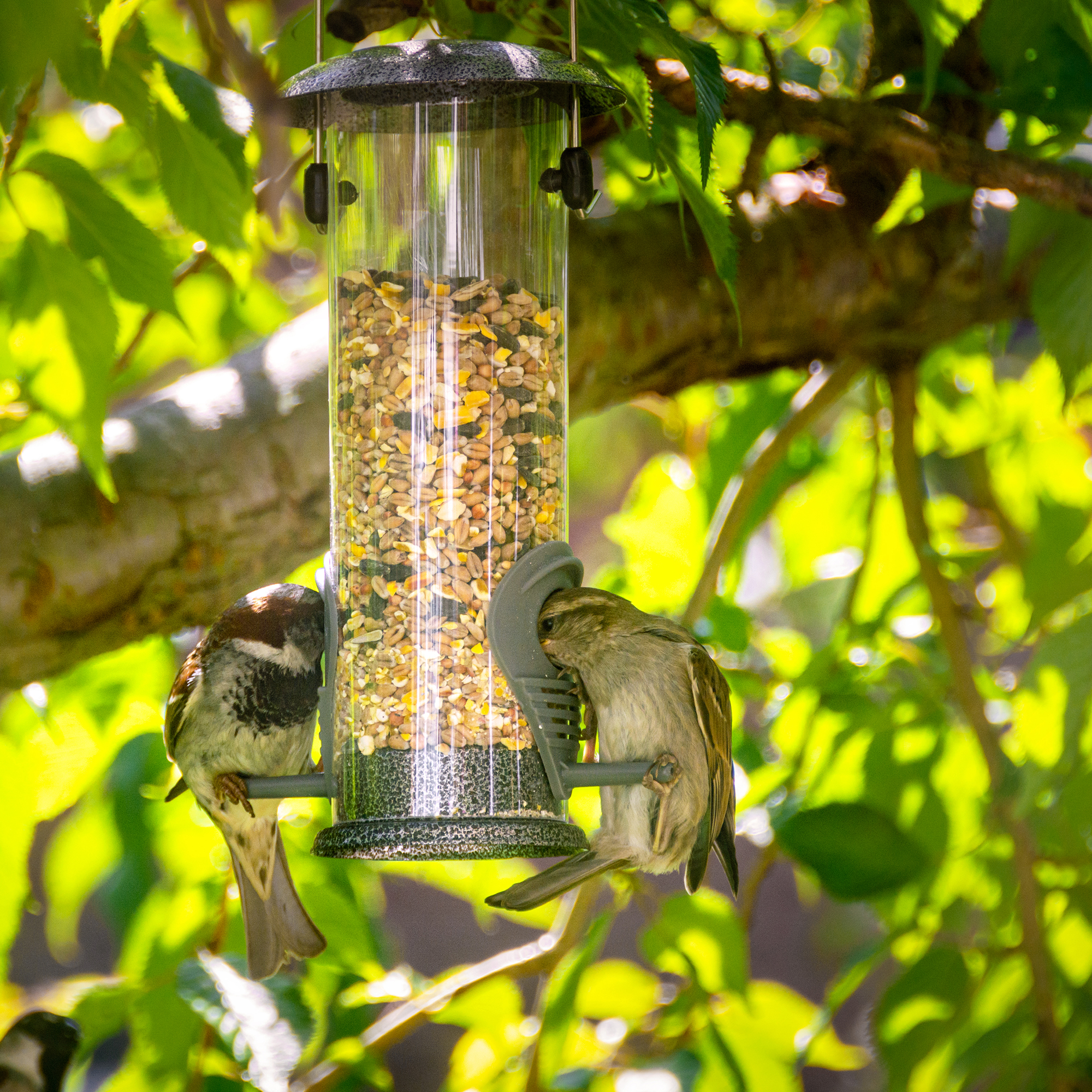
Rats are scavengers, and birds are messy eaters. While these little personality quirks wouldn’t be an issue in the wild, they become a match made in heaven when you have a bird feeder in your garden.
‘Bird feeders attract rats as they provide a dependable source of food that they can continue to return to,' explains Daniel Steward, managing director at Shield Pest Control. After all, why wouldn’t they want free food time and time again?
That doesn’t mean you must remove bird feeders completely, though. There are so many ways to protect your bird feeders from squirrels and rats, and if you’re trying to stop rats in the garden, we’d suggest moving them out of reach or buying rat-proof bird feeders.
In fact, my neighbours swapped their tree-hanging bird feeders for window-mounted bird feeders recently, and they now have more birds than ever. Plus, they get an up-close-and-personal view of their feathered friends on a daily basis.
2. Use scent to your advantage

If you want to steer clear of chemicals and opt for a natural way to get rid of rats in the garden, you can use a rat’s impressive sense of smell to your advantage.
To keep them at bay, you should focus on the smells that are particularly pungent for them; including coffee grounds, garlic, white vinegar, onion, eucalyptus, and peppermint.
The easiest way to do this is to simply scatter used coffee grounds, garlic powder, or essential oils around the boundaries of your garden. Just be warned that you’ll need to reapply these items every few days as the scent will fade and may be washed away in the rain.
Adam also adds, ‘While compost is a great eco-friendly addition to gardens, it also serves as a food source for rats and their babies.’ So, it’s also a good idea to add these scents to your compost heap to make it less desirable, too.
3. Keep your garden tidy

We love the concept of No May May as much as the next person (who really loves No May May), but if you want to stop rats in the garden, you might need to break your promise.
Yes, rats love hiding in long grass and will always choose to hang out in gardens that are long and overgrown rather than short and tidy. So, if you have a tidy garden, you can reduce your chances of a rat infestation.
To give your garden a much-needed tidy-up, use one of the best lawn mowers to cut the grass, invest in garden storage to keep clutter off the ground, and cut back any overgrown shrubs or trees that could provide shelter for these pests.
4. Block access points

Although rats are much bigger than some of the other critters that roam around your garden, they’re still relatively small. This means that they can burrow their way through any nook or cranny - including tiny holes in fences, cracks in your decking area, and gaps in your garden shed.
‘Decking is a safe location for rodents to hide and nest beneath,' warns Daniel. 'It is crucial to ensure that you are extra careful about food leftovers falling through your decking as this provides rats with an active food source. You can also create a barrier that prevents rodents from accessing underneath the decking and stop them from nesting.’
So make sure that you’re cleaning up any spills or scraps as soon as you can. Then, make sure that you block all access points by filling any holes with steel wool. In an ideal world, you should then secure the steel wool in place using caulk.
5. Seek expert advice
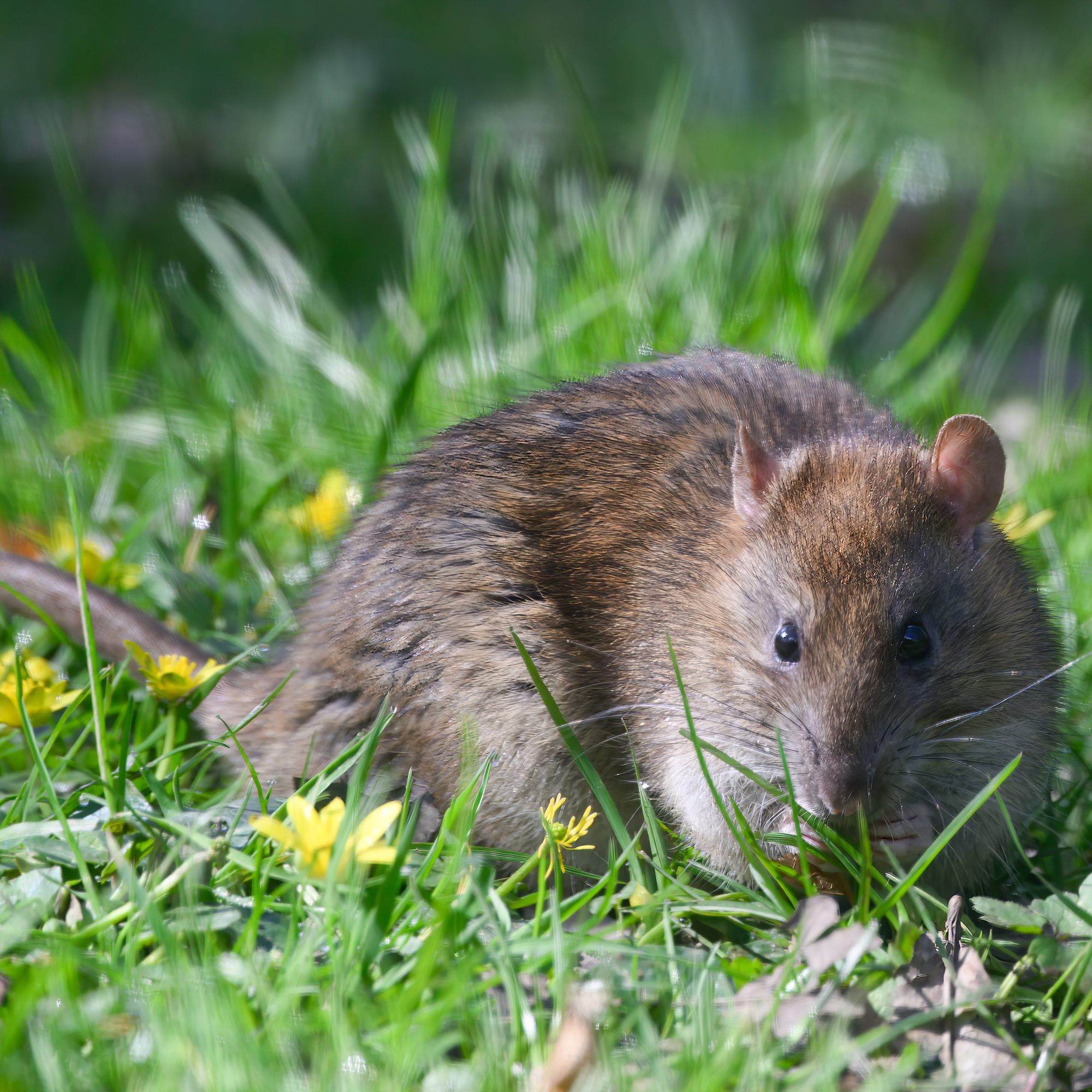
If you’ve tried all of the above and still aren’t having any luck getting rid of rats in your garden, it may be that you need to seek expert advice. The last thing you want is for these brave animals to start coming into your home, after all.
As well as dealing with the rats in a safe and professional way, they can also help to identify the reason why rats keep coming into your garden. This way, you can rectify any issues and keep them at bay.
FAQs
How can I keep rats out of my garden?
To keep rats out of your garden, you need to make your garden undesirable to rats. So, take away any food sources, such as bird food and pick ripe fruits or vegetables as soon as they are ready to be picked.
You should also keep your garden tidy, as rats love to hide themselves under cover. Keep your lawn trimmed, clutter at bay, and block access to any holes or cracks in decking, sheds, or fences.
Should I be worried if I see a rat in my garden?
If you’ve spotted a single rat, you don’t necessarily need to be too worried. But if you’ve noticed a few rats on multiple occasions and have spotted the tell-tale signs that rats are in your garden (rat droppings, teeth marks on wood or crops), then you should investigate further and aim to get rid of them as soon as possible.
Sorry, rats, it’s time to go…

Lauren Bradbury has been the Content Editor for the House Manual section since January 2025 but worked with the team as a freelancer for a year and a half before that. She graduated with a Bachelor’s degree in English and Creative Writing from the University of Chichester in 2016. Then, she dipped her toe into the world of content writing, primarily focusing on home content. After years of agency work, she decided to take the plunge and become a full-time freelancer for online publications, including Real Homes and Ideal Home, before taking on this permanent role. Now, she spends her days searching for the best decluttering and cleaning hacks and creating handy how-to guides for homeowners and renters alike, as well as testing vacuums as part of her role as the Ideal Home Certified Expert in Training on Vacuums, having spent over 110 hours testing different vacuum models to date!
